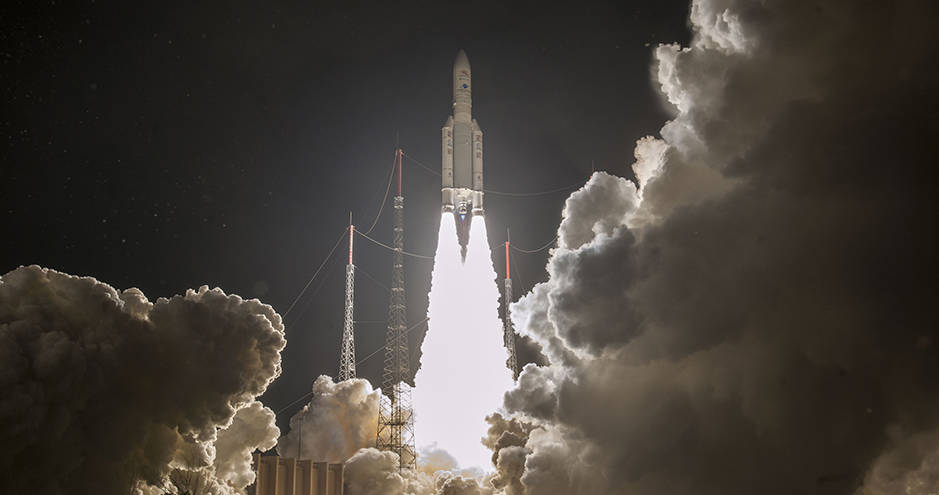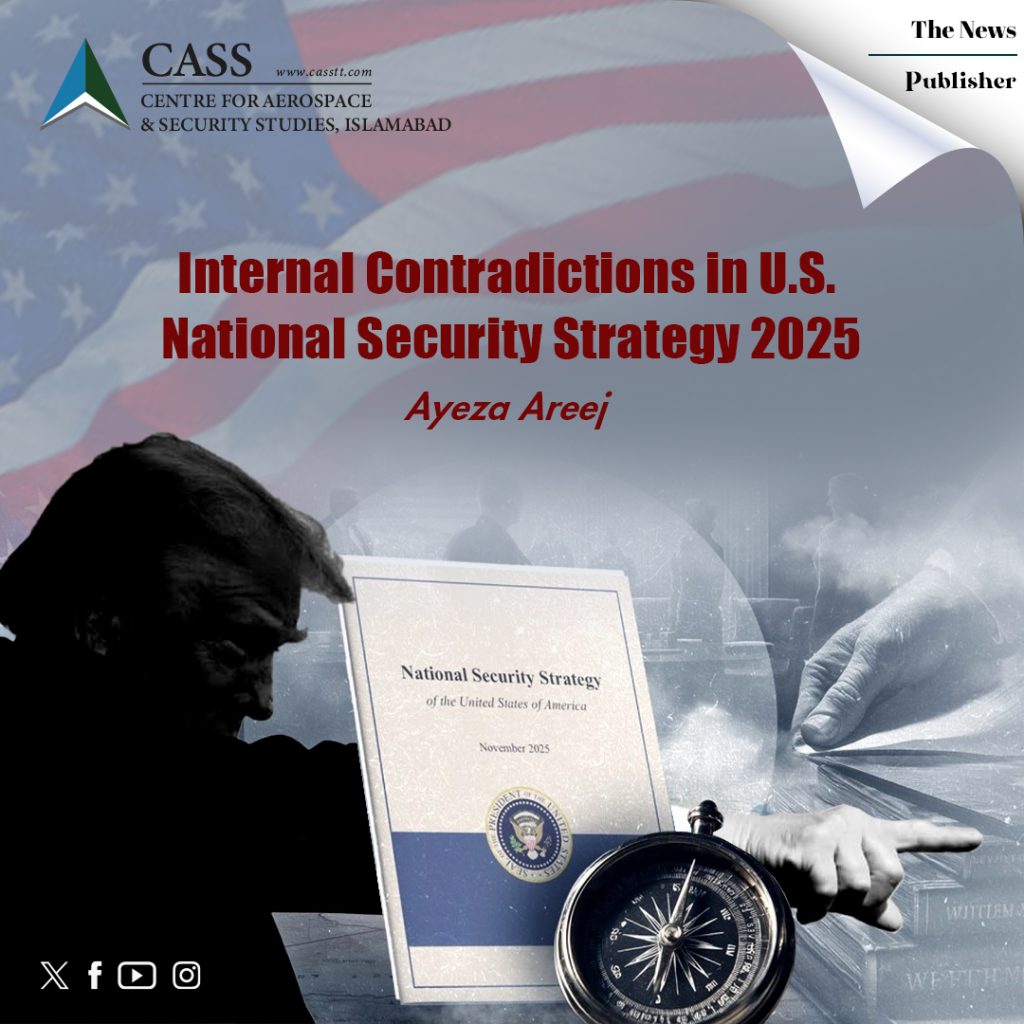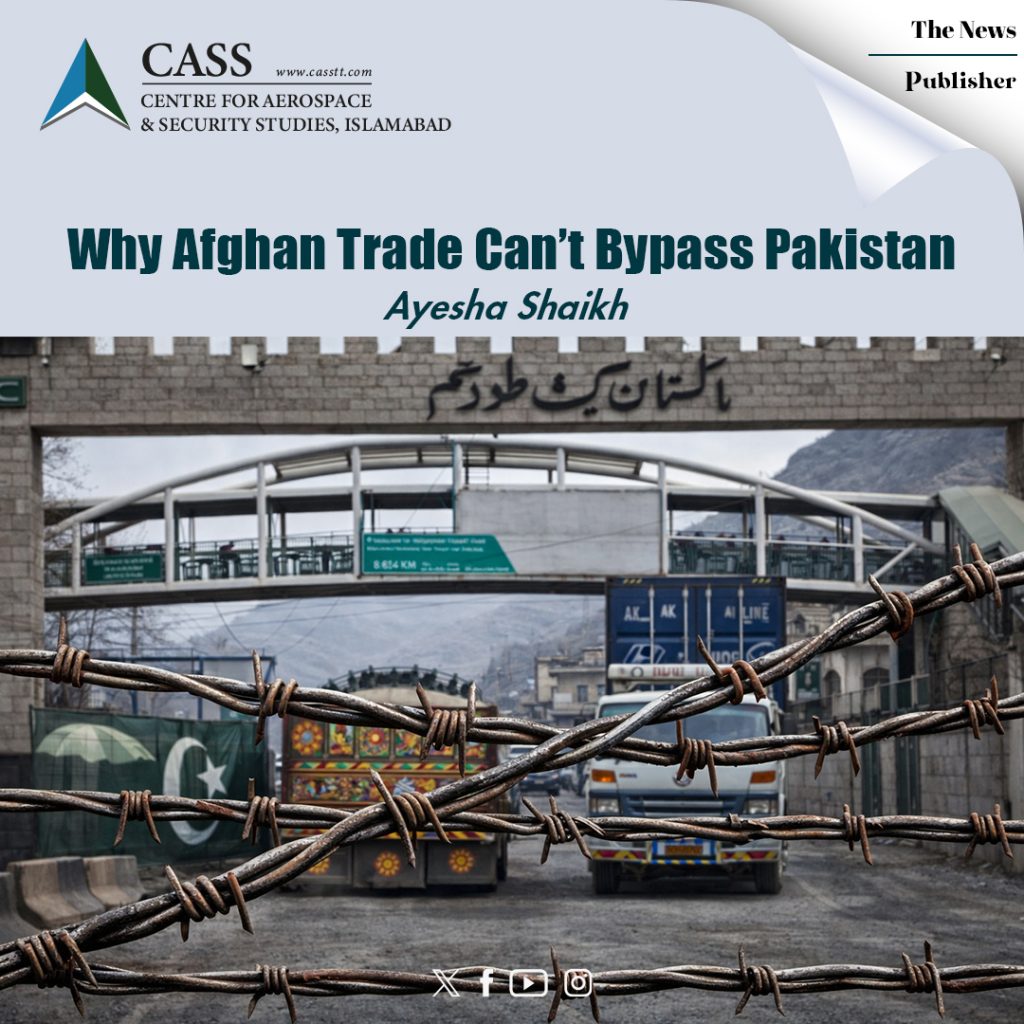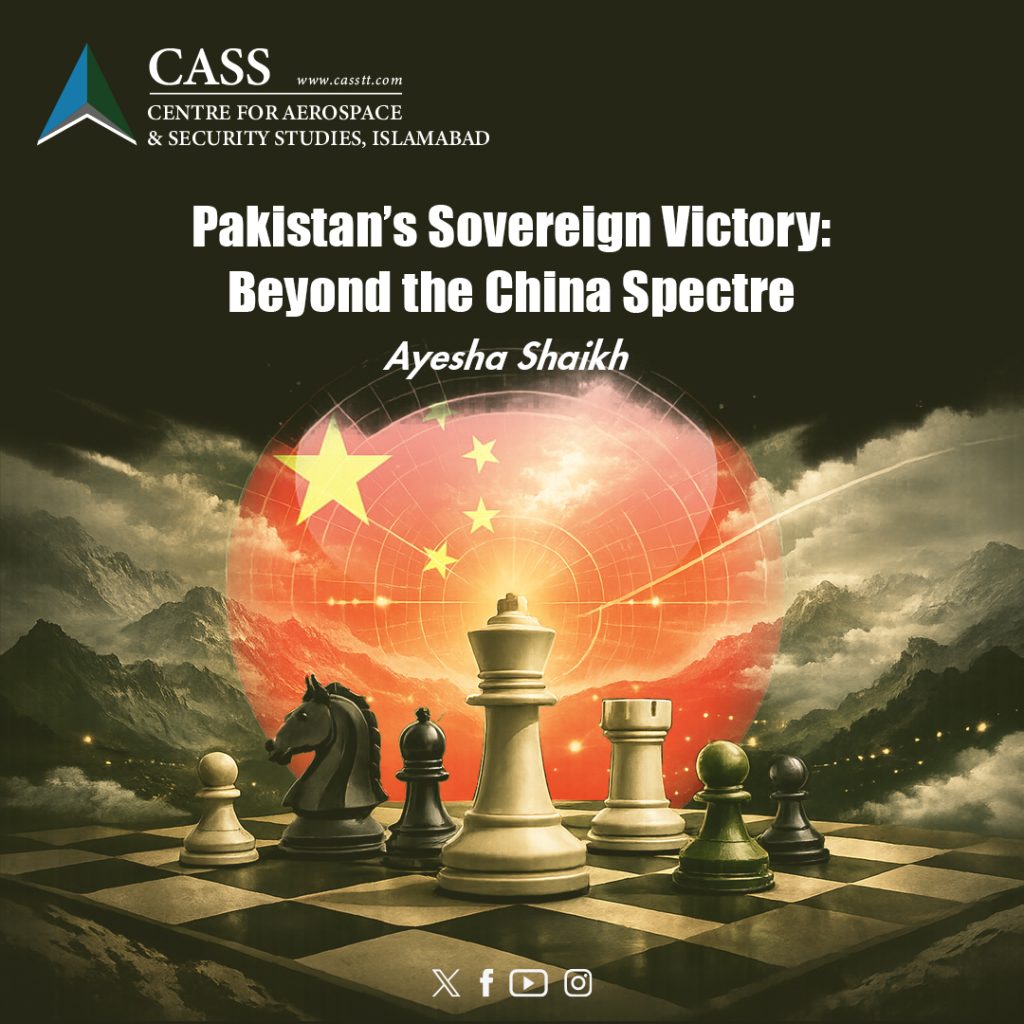Building a space economy is an issue of keen interest in many world capitals. But since most of the services that we rely on the most are space-based, it is important to note that we already live and breathe a space economy. For example, waking up in the morning, the first thing one might do is reach for their phone and browse various apps, and the satellite and communications architecture that allows for this is well-and-truly a space economy.
But there is a larger frontier of engagement in space that has yet to be realised, and it is important to note that spatial exploration, research, commerce, and participation offer immense opportunities for the world, including through mechanisms to boost international prosperity.
However, the access to the capital and know-how for realising a space-oriented economy is marred by inequalities among nations: only a handful of nations are space-faring, while many others are too constrained by a lack of resources, capacity, capital, political will, or imagination.
This inequality means that some countries can develop a head-start in building a full-fledged space economy, whether through their public sector funding or through private initiatives (e.g. Space X). But not all of the countries that are taking a leap outward are necessarily big specialist countries.
In fact, a surprising example of extra-terrestrial initiative can be found in the tiny European country of Luxembourg. To be sure, Luxembourg is not a destitute country by any measure, and has a GDP per capita nearly three times the EU average, which allows it to pursue such projects more liberally.
However, Luxembourg’s sense of initiative and adaptation to the modern economy is the most critical factor. In the mid-twentieth century, Luxembourg relied on its steel industry to drive development. As industrialisation in Europe slowed, the country transitioned into a banking and finance hub. Today, given the many issues that face international finance (particularly since the 2008 crisis), the country is reinventing its economy yet again, by focusing on space-related ventures.
How is it going about the issue? Luxembourg has launched a number of initiatives regarding regulation, taxation, and research and development incentives, while providing a structured ecosystem, rule of law, and an educated workforce to attract space-related companies.
More than 50 companies and two public research organisations cover various segments of the industry, ranging from innovative satellite operators to asteroid-mining ventures. In addition, the system is ultimately very high-value added, drawing in scientists, engineers and specialists, along with dynamic capitalists, to nurture a well-functioning ecosystem.
The country’s investments are already bearing fruit: the Luxembourg space and satellite sector accounts for almost two per cent of national GDP, having sprouted from virtually nothing 30 years ago.
Among the more innovative aspects of the ecosystem lies the Space Resources initiative that was launched in 2016 and has $200 million USD earmarked for investment purposes. Equally importantly, the initiative is working towards providing a legal, regulatory and business environment that will foster the growth of private sector entities in the exploration, extraction, and use of space resources.
Another important aspect is the legal framework that Luxembourg has implemented since 2017 to secure the property rights for resources extracted from outer orbit. Luxembourg was the 2nd country to have such a robust legal provision in place (after the US). This must be contrasted with the situation in Pakistan, which does not even have a systemic space policy underpinned by a guiding document, let alone a property rights framework for space.
Yet another interesting development lies in the creation of the Luxembourg Space Agency (LSA, est. 2018) which focuses on developing space-related business activities and creating a multi-million dollar fund to invest in start-ups with a space technology emphasis. The LSA will help to coordinate mechanisms that push the national space-related ecosystem forward.
Luxembourg sets an example for the foresight that is needed in the 21st century to exploit the vast potential that space provides, especially from an economic rather than a purely scientific (discovery) or political (space-race) perspective.
Certainly, having the money to fund such initiatives is important, but it is not the sole criteria for spearheading such initiatives. A stable ecosystem, a working legal framework, the rule of law, a start-up friendly environment, a dynamic workforce, and a commitment to economic adaptation are also necessary.
For us in the developing world, having concrete and comprehensive space policies enshrined into law is a good place to start. Implementing such a policy over a wider-time horizon would be even more stellar (pun intended).
The writer is Director for Economics and National Affairs at the Centre for Aerospace and Security Studies (CASS). This article was first published in The Nation newspaper. He can be reached at [email protected]





